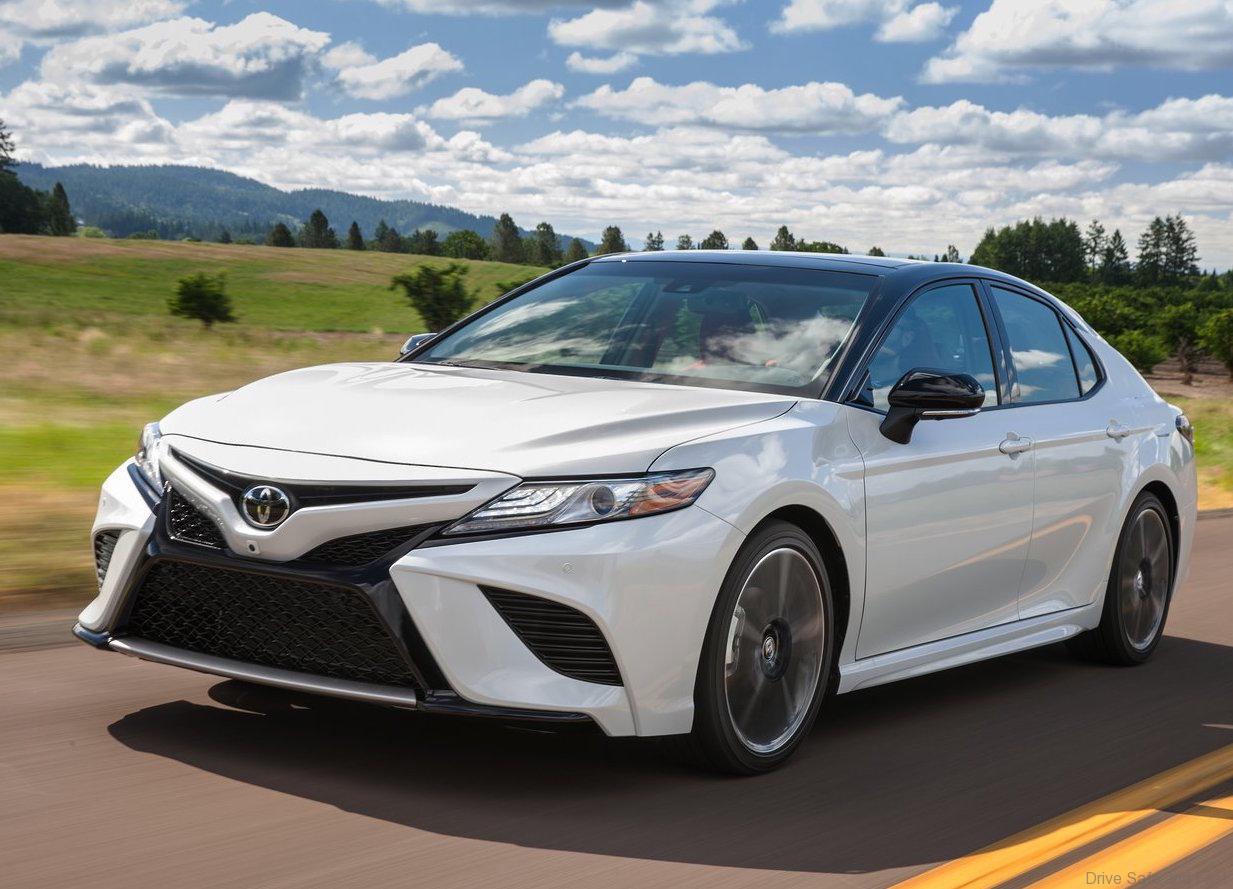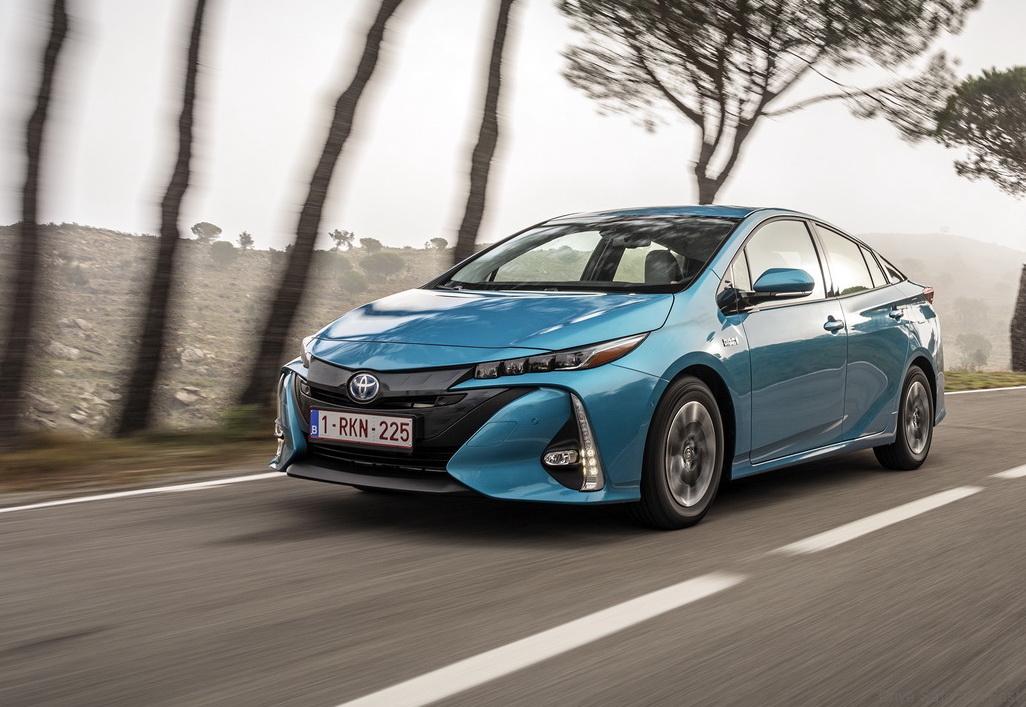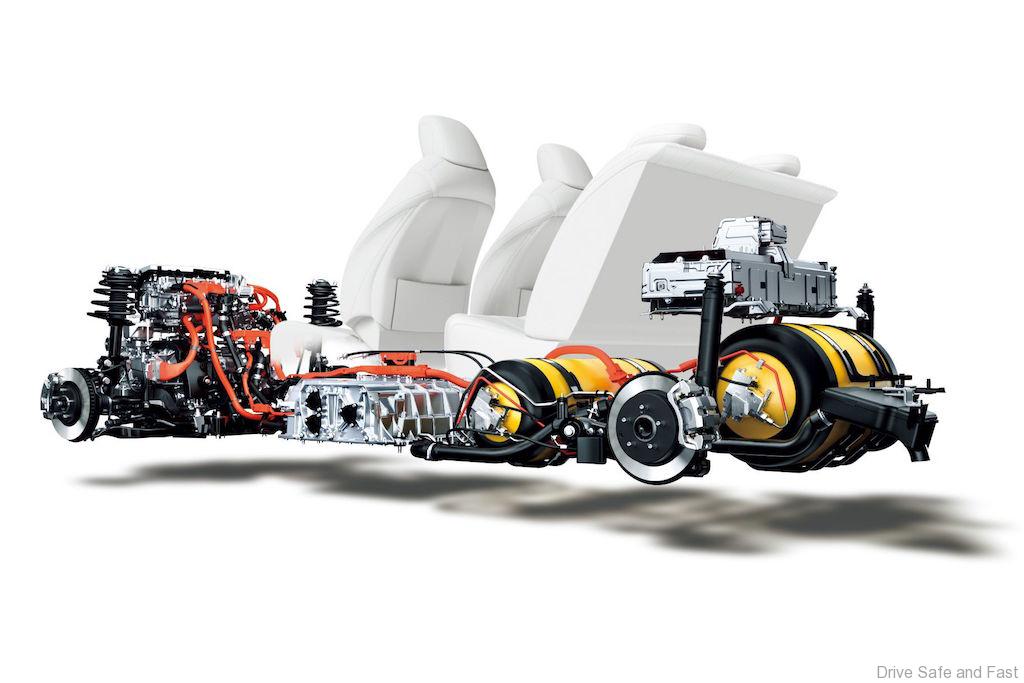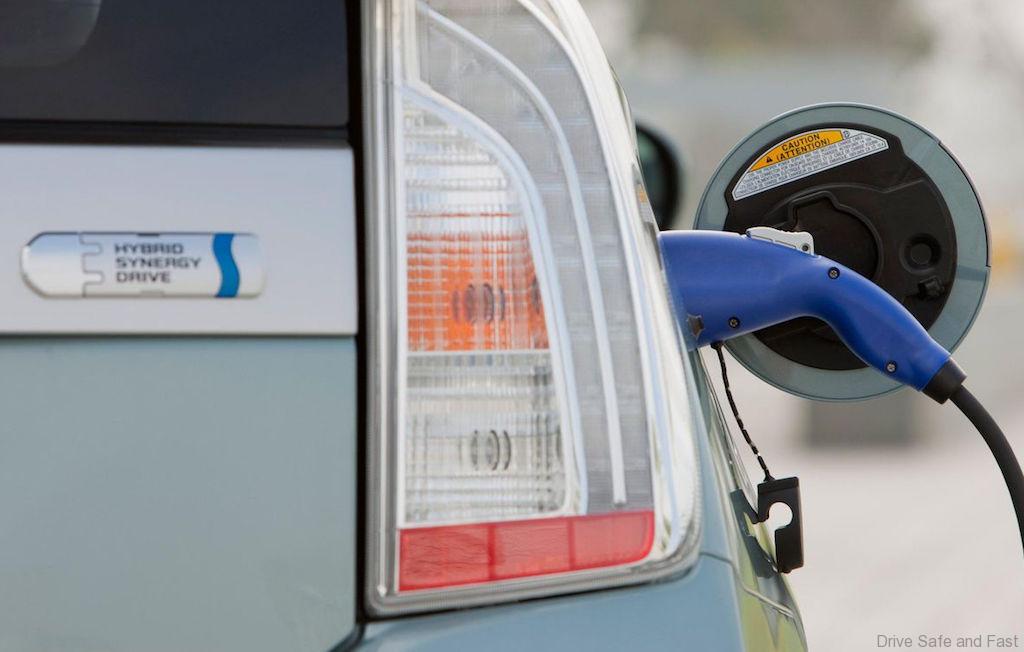Earlier this May, Toyota announced that it would continue to choose hybrids over pure electric cars over the next 10 years. Toyota’s general manager of its powertrain division, Shinzuou Abe, pointed toward the high costs, weight, size, and deterioration of batteries in electric cars as the reason for the automaker continuing to avoid battery-powered vehicles like the plague.
Some car brands have not even considered hybrids, only developing fully-electric cars as a way to meet emissions and fuel economy standards. EVs are expensive to develop and manufacture, but a lot of automakers believe the high costs are worth it, as the powertrains are seen as the future.
For Toyota, hybrids are the future, and it has something to do with air quality. Research by Toyota shows that in European cities, hybrids are running in zero-emission mode with the engine off for two-thirds of the time and half the distance they drive.
Lithium-ion batteries are expensive and hard to come by at the moment, and the demand for the component is expected to double by 2024. That means automakers will have to make tough decisions in the future, which include deciding to make multiple electrified offerings, like hybrids and plug-in hybrids, or one electric vehicle.
While everyone’s scrambling to make lithium-ion batteries, in spite of all of the supply shortages involving cobalt, lithium, and nickel, solid-state batteries are on the horizon and will require a lot of money and development on the parts of automakers. It doesn’t make financial sense, at least for Toyota, to chase lithium-ion batteries at the moment with solid-state batteries right on the horizon.
If you’re waiting to purchase a fully-electric vehicle from Toyota, you’ll be waiting for quite some time. But the Japanese brand still has plans to introduce new hybrids, like the Corolla Hybrid, Camry Hybrid, RAV4 Hybrid, and Lexus UX Hybrid, which all were at the Paris Motor Show.
Electric vehicles were a large part of the recent Paris Motor Show, and while other global brands were showing off new cars with electric powertrains, Toyota stood its ground, sticking with its decision to not produce full electric cars.





